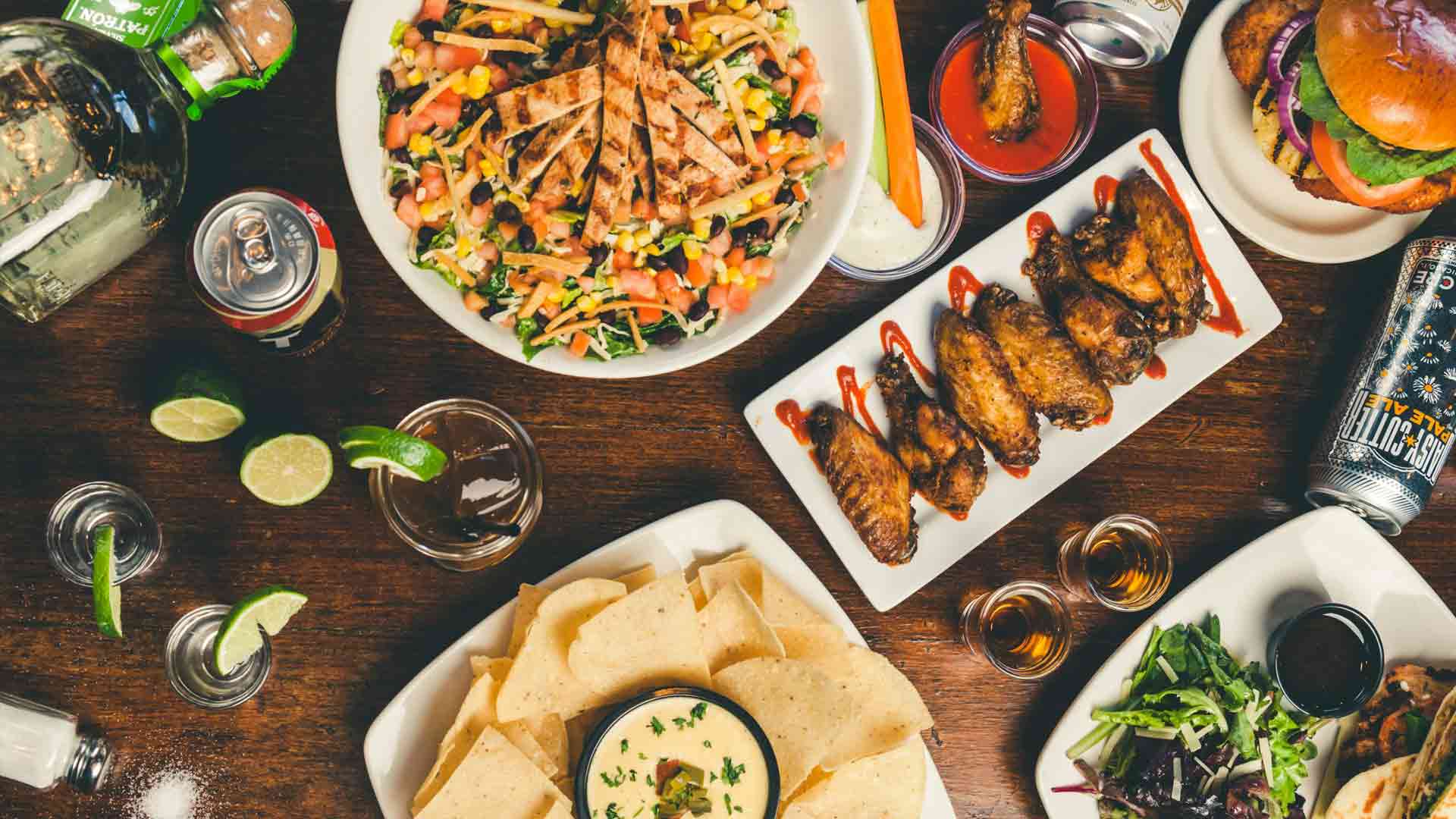Across Fields and Fishing Nets

Across Fields and Fishing Nets
The world's culinary landscape is a vibrant tapestry woven from the threads of agriculture and the bounty of the sea. "Across Fields and Fishing Nets" encapsulates this interconnectedness, a journey through the diverse sources that nourish humanity. This exploration delves into the practices, challenges, and triumphs of food production, from the fertile soil to the vast oceans.
The phrase "across fields" immediately conjures images of sprawling farmlands, the heartland of sustenance. It represents the dedication of farmers who nurture the land, cultivating crops that form the foundation of our diets. These fields are not just geographical locations; they are ecosystems where intricate relationships between soil, climate, and human ingenuity determine the quality and abundance of our food supply. From the meticulously planted rice paddies of Asia to the expansive wheat fields of North America, the agricultural realm presents a spectrum of techniques, traditions, and innovations.
Modern agricultural practices have witnessed remarkable advancements. Precision farming, for instance, utilizes technology to optimize resource allocation, maximizing yields while minimizing environmental impact. Genetically modified crops, though subject to ongoing debate, offer potential solutions to enhance food security and resistance to pests and diseases. However, the pursuit of efficiency must be balanced with the preservation of soil health, biodiversity, and the livelihoods of smallholder farmers. Sustainable agriculture is not merely a trend; it's a necessity for the long-term viability of our food systems.
The other half of this narrative, "fishing nets," transports us to the oceans, rivers, and lakes that provide a rich source of protein and essential nutrients. The fishing industry is a vital part of global food production, but it faces a significant challenge: sustainability. Overfishing, habitat destruction, and pollution threaten marine ecosystems and jeopardize the livelihoods of fishing communities worldwide. Responsible fishing practices, such as implementing catch limits, protecting breeding grounds, and utilizing selective fishing gear, are crucial for preserving the health of our oceans and ensuring the long-term availability of seafood.
The journey "across fields and fishing nets" is not solely about production; it's also about the processing, distribution, and consumption of food. After crops are harvested and fish are caught, they must be processed, transported, and ultimately prepared for consumption. This complex supply chain involves numerous actors, from food manufacturers and distributors to restaurants and consumers. Each step in the process presents its own set of challenges, including food waste, food safety concerns, and equitable access to nutritious food.
The rising global population and the increasing demand for diverse food choices place immense pressure on our food systems. Climate change further exacerbates these challenges, affecting crop yields, disrupting marine ecosystems, and increasing the risk of extreme weather events. Addressing these issues requires a multi-faceted approach, involving collaboration between governments, businesses, researchers, and consumers. Initiatives such as promoting sustainable farming practices, supporting responsible fishing methods, reducing food waste, and investing in food security programs are essential for ensuring that everyone has access to sufficient, safe, and nutritious food.
Moreover, exploring diverse cuisines and culinary traditions helps us understand how different cultures utilize resources. From the vibrant street food markets to the most refined restaurants, food brings people together and is a window into cultural heritage. Accessing information about these diverse culinary traditions is becoming increasingly important. You can find a wealth of information by using a global culinary directory to broaden your knowledge.
In conclusion, the journey "across fields and fishing nets" underscores the intricate connection between agriculture, fisheries, and the food we consume. By understanding the challenges and embracing sustainable practices, we can collectively work towards a future where food is produced responsibly, distributed equitably, and enjoyed by all. It is a call to action, urging us to become more conscious consumers, supporting businesses and policies that prioritize the health of our planet and the well-being of our communities.